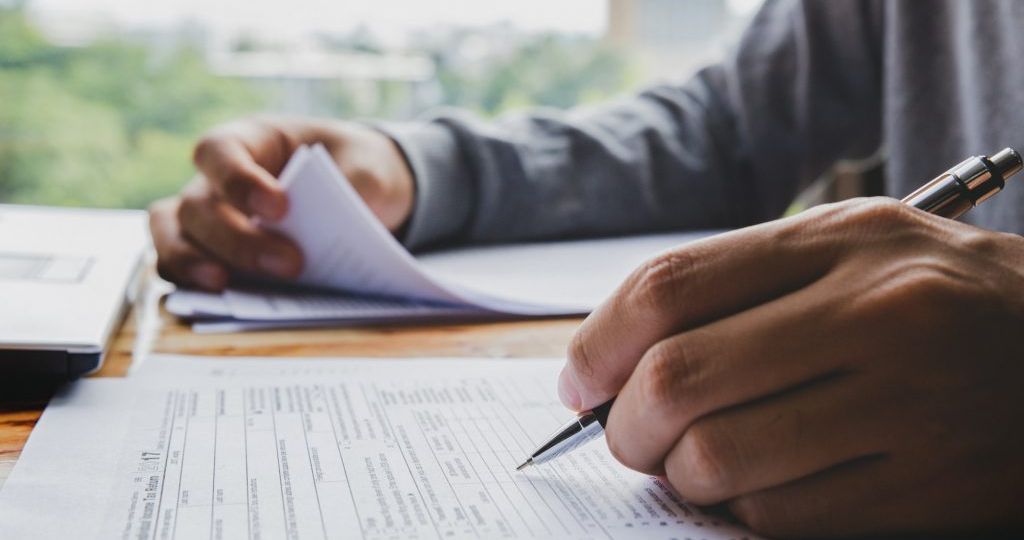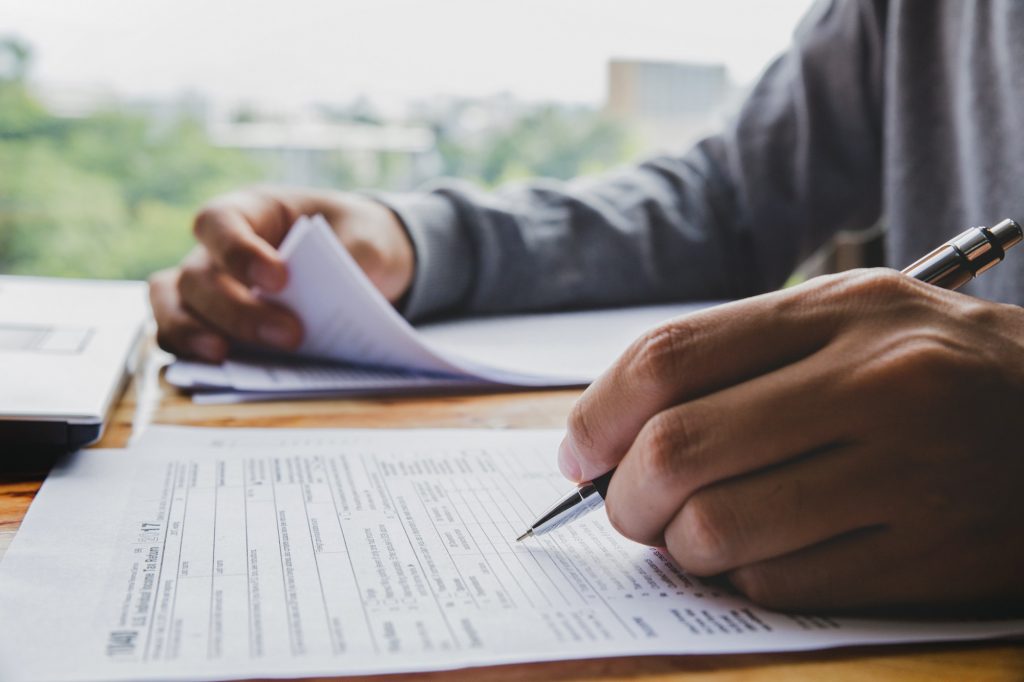
Purchasing a home means finally making an investment into your own equity and leaving behind the idea of paying rent and someone else’s mortgage.
Owning a home doesn’t mean you no longer need to make monthly payments, though. You may still have mortgage payments and you will most definitely be required to pay property tax. If you’ve never owned a home, the idea of paying property taxes may seem a bit foreign or something you managed to avoid when playing Monopoly.
In Kingston, how much property tax you pay depends on the size of your lot, where the lot is located (waterfronts pay quite a bit more in property taxes), the size of your home, and other factors determined by MPAC. A levy for education purposes, either in support of the public or Catholic school system, will also be included as part of your bill.
You can use the Assessment and Tax Levy Lookup tool from the City of Kingston to find out how much a property paid in taxes in the previous year. You can do this based on your address or property tax roll number.
When are property tax payments due in Kingston?
Usually, two bill instalments are sent out each year, one (an interim bill) due at the end of February and the other (the final bill) due at the end of June. This year (2021), because of COVID-19, You can expect a bill in the mail in June (due by July 30th). Each bill should be half of your yearly property tax amount.
According to the City of Kingston, your property will be categorized in one or both of the following groups:
Uncapped properties: including property assessed in the residential, farm, new multi-residential and managed forest property classes
Capped properties: including property assessed in the commercial, industrial, multi-residential and pipeline property classes.
If you are considered as part of both groups, you will receive separate tax bills for each that you will then need to add together to get the entire tax amount.
You may also receive a supplementary bill if changes are made to your property within a tax year. This is likely if you have done renovations on your home or if your property is a new build. These bills will need to be paid in addition to your other regular tax bills and will include a due date.
How can I pay my property taxes in Kingston?
There are multiple options for paying your property taxes. Some of these options include:
- Wait for your bills and then attend the tax office at City Hall to pay via debit, cheque, etc.
- At your bank teller, ATM, or through online banking payment transfer.
- Sign up for pre-authorized payments to be taken twice per year before the due date or monthly payments based on 10% of last year’s tax levy.
- By cheque at the 24-hour drop box at the Municipal Building at 1211 John Counter Blvd.
- By setting up a property tax payment plan through your mortgage company. Some mortgages take regular payments as part of your funding approval.
What happens if I can’t pay my property taxes in Kingston?
If you can’t pay your taxes, reach out to the City to come up with a payment plan that works for you. If you are far into arrears, there are still options for payment plans available before the City will send your taxes to collection or put a lien on your property. A lien means that the property tax bill is registered on the title of your property as owing and if you sell your home you will need to pay off the lien before you receive the proceeds of the sale. It can also affect your credit score as well.
Late payment fees may be added to your bill each month there is non-payment.
What should I know about property taxes when buying a home?
When you’re purchasing a home, your legal team will probably do research on whether there are any outstanding tax liens on the property or bills left unpaid. These will need to be paid by the Seller before the home is put in your name. Property taxes don’t follow the owner, they stay with the property. So, if there are property tax arrears on a purchase after closing, it will likely become yours to bear unless an undertaking by a lawyer to pay was not followed.
It’s also important to speak to your lawyer about having the Seller pay for their portion of the property taxes that may not have yet been billed. For example, if the property sells in September, the last bill was only paid in June. That means that there are months that the property was in the Seller’s name that will be taxed to you come the next bill. In these cases, the previous year’s tax bill can be calculated and then included as part of the Statement of Adjustments to determine the actual amount due to the Purchase of your new property (hint: it’s not just the amount you signed for on the Agreement of Purchase and Sale).
Which neighbourhoods in Kingston have the highest property taxes?
This is a popular question for newcomers to Kingston as well as anyone wanting to upgrade to a larger home or a “trendier” neighbourhood. In 2020, Kingston was the 9th highest property tax city in Ontario – even higher than Toronto.
According to The City of Kingston’s Property Tax Schedule, taxes are levied based on a ratio of 1.000000. In Kingston, this is about $13.6 for each $1000 of a property evaluated. So, a property at $500,000 a value (not how much it could sell for, but how much it is valued at), would pay about $6,800 in property taxes each year ($500,000/1000 * 13.6).
Which neighbourhood pays more really depends on which neighbourhoods have the homes of the highest value. If you’re on the waterfront downtown, you’re going to pay more. If you’re purchasing a downtown heritage property, you’re going to pay more. A condo in the west end would also depend on how much you bought your unit for and how much the condominium contract determines is your share of the property taxes.
We know this is a lot to take in. That’s why the team here at Real Estate Reimagined is here to help you with any questions you may have. Reach out for a conversation with one of the best real estate agents in Kingston today.


